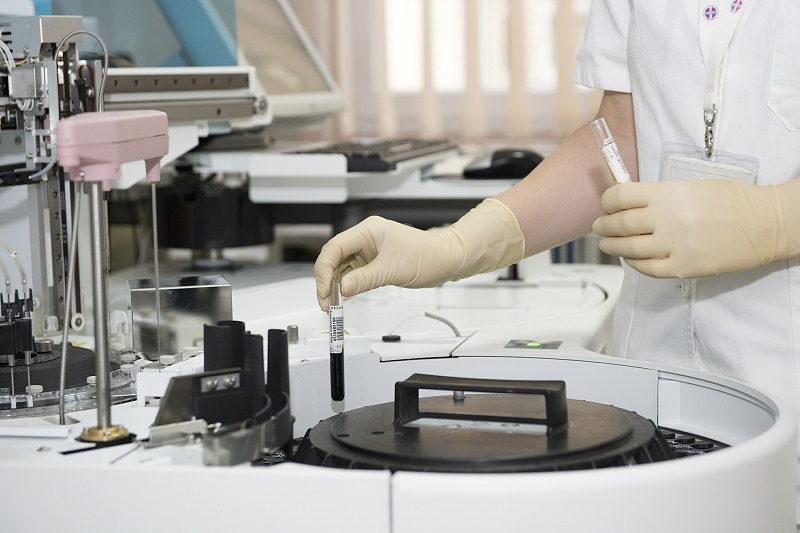Artificial intelligence has the potential to revolutionize health care globally. AI is generally defined as the capacity for a computer or machine to demonstrate or simulate intelligent behavior, much like Amazon’s digital assistant Alexa or Tesla’s self-driving cars.
AI is a thriving field and is currently the focus of much research and investment. The potential uses of technology seem endless, especially for healthcare professionals. AI can be used in many different ways within the healthcare sector – from simplifying administrative tasks to more complex medical uses like bettering diagnoses.
AI is able to store and analyze large databases. This means that medical centers are able to store a patient’s entire medical history and access it at the click of a button rather than having to send away and wait on physical and often incomplete documents. This gives healthcare professionals a holistic view of the patient’s condition and history and can help give an early and more accurate diagnosis.
AI is also able to spot patterns and detect anomalies which a human eye may have missed, leading to improved diagnostic accuracy and a broader spectrum of information available. AI will also be able to assist those wishing to avoid a trip to the GP or A&E department, by providing a more accurate and well-informed self-diagnosis system, which in turn could save the NHS millions of pounds if implemented properly. AI can analyze symptoms inputted alongside health data from personal devices such as health apps and monitors to assist those looking for an at-home diagnosis. “Virtual assessments” over video interface are then possible, and only after this stage would the patient be referred to an IRL healthcare professional, if needed. This self-diagnosis makes for a more efficient healthcare system.
The advancement in AI capabilities will also aid the treatment of many ailments, such as keyhole treatments and in particular eye conditions where the human hand is not steady enough. Tech entrepreneur Tej Kohli has invested heavily in AI in this field in order to change thousands of lives.
Using AI robotics during surgery means a larger percentage of surgeries are successful and require little or no follow-up operations, making for an easier process for patients and a more efficient service. Mark Zuckerberg of Facebook has in fact invested so much in healthcare technology, the hospital he donated to has changed their name to honor him.
A personal, AI-enabled robo-doc by your bedside may also be an option in the near future. AI assistants have now become affordable and common in the household. However, they are now being programmed to do more than play your favorite track or control your home lights. AI nurses will be able to help with daily routine, remind patients to take medication, and answer medical questions, saving doctors and nurses valuable time that can be better spent on someone in a more severe condition.
AI has already made some dramatic changes to healthcare, and most would agree that these are very positive alterations to the way the system works, enabling those working in the field to help more people more efficiently and effectively.










